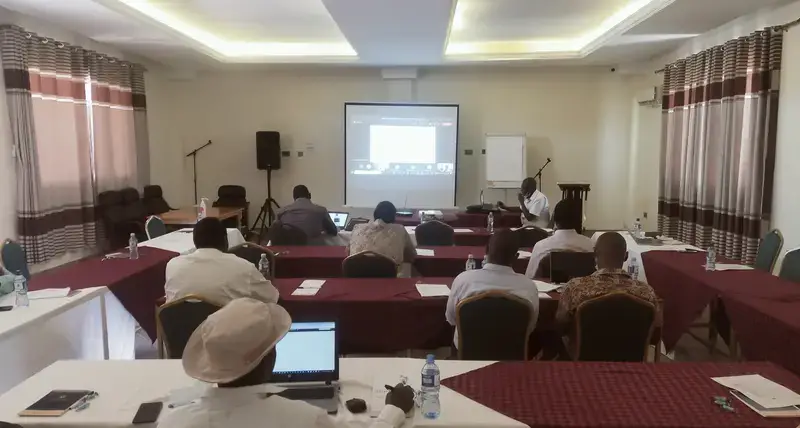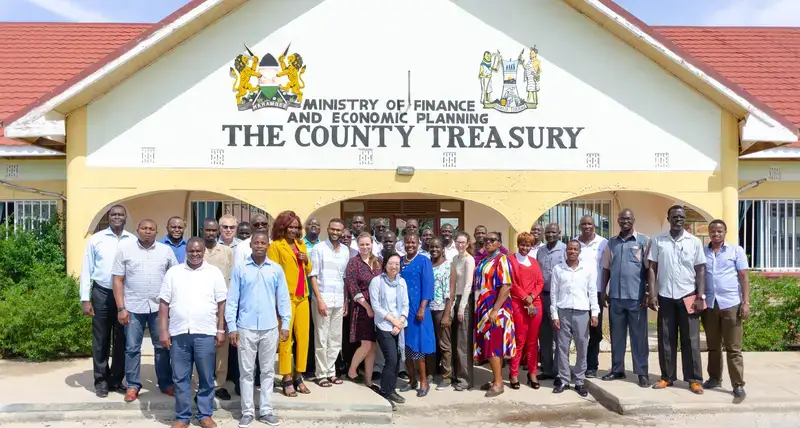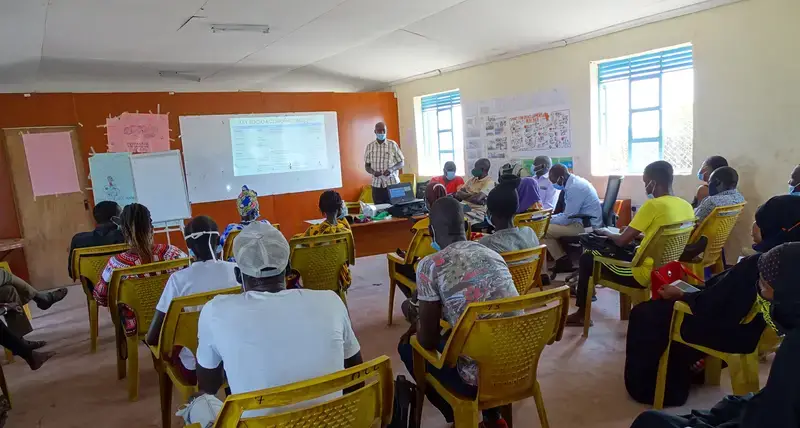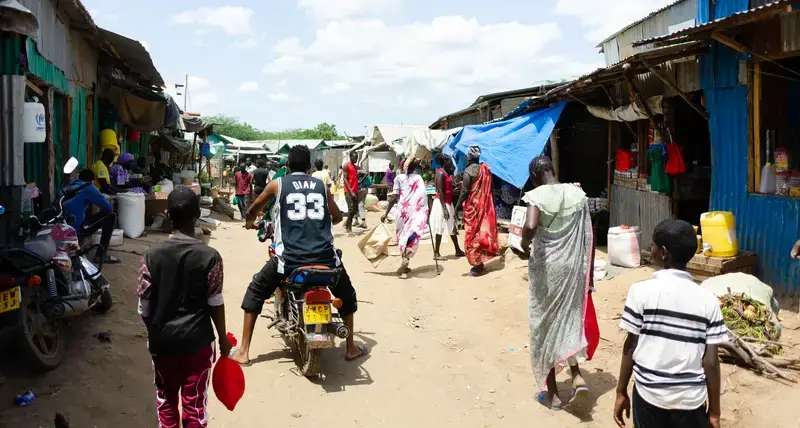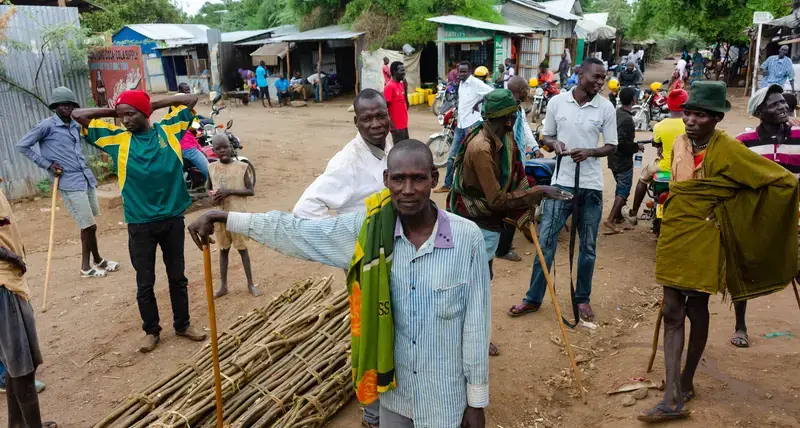Overview
Over the last decades, the world has witnessed a rise in displacement caused by conflicts, natural or human-made disasters, and the effects of climate change, which have resulted in an escalation of the Refugee and Internally Displaced Persons (IDPs) crisis globally. Disproportionately large percentages of refugees, IDPs and migrants are hosted by some of the most resource-scarce, and poorest countries in the world - 40 per cent of whom live in temporarily planned humanitarian “camps” for increasingly protracted periods. 60 per cent enter urban areas and cities, where they face numerous challenges which include but are not limited to hostility, tensions and conflicts with host communities.
This programme aims to utilise Urban and Spatial Planning as a tool by which to bridge the gap between humanitarian and development activities. UN-Habitat headquarters, regional and country offices, and several partners deploy a wide range of planning projects and tools in different countries to bring together diverse solutions to address the commitments within the Global Compact on Refugees, Global Compact for Migration, Agenda 2030 and the Sustainable Development Goals, which include exploring “Alternatives to Camps”, supporting the paradigm shift towards the integration of refugee and host communities in combined programming, and development of sustainable and long-term solutions as part of multi-actor and comprehensive responses to “Leave No One Behind”, ensuring the most vulnerable populations are promoted and protected.
Programme Impact
Several of our programs have contributed to the following impacts:
- Technical advisory towards urban planning, development, and management frameworks through an urban expertise, and in alignment with local contextual frameworks;
- Synthesizing data and identifying gaps to recommend the provision of services and infrastructure, land and tenure management, and economic development and investments, with humanitarian and development partners;
- Developing institutional capacity of local and national governments and other stakeholders on planning, management and inclusive development for hosts and refugees;
- Mitigating tensions between host and refugee communities through implementation of community infrastructure, promoting the inclusion of vulnerable populations and disadvantaged groups through participatory and integrative planning and decision making processes;
- Supporting the integration of camps or settlements into urban areas in accordance with contextual legal frameworks;
- Establishing a portfolio of lessons learnt and best practices through normative projects, including advisory tools and resources;
- Collaborating with partners globally to strengthen humanitarian-development programming, answering to the paradigm shift from traditional humanitarian response towards sustainable and long-term impacts.
